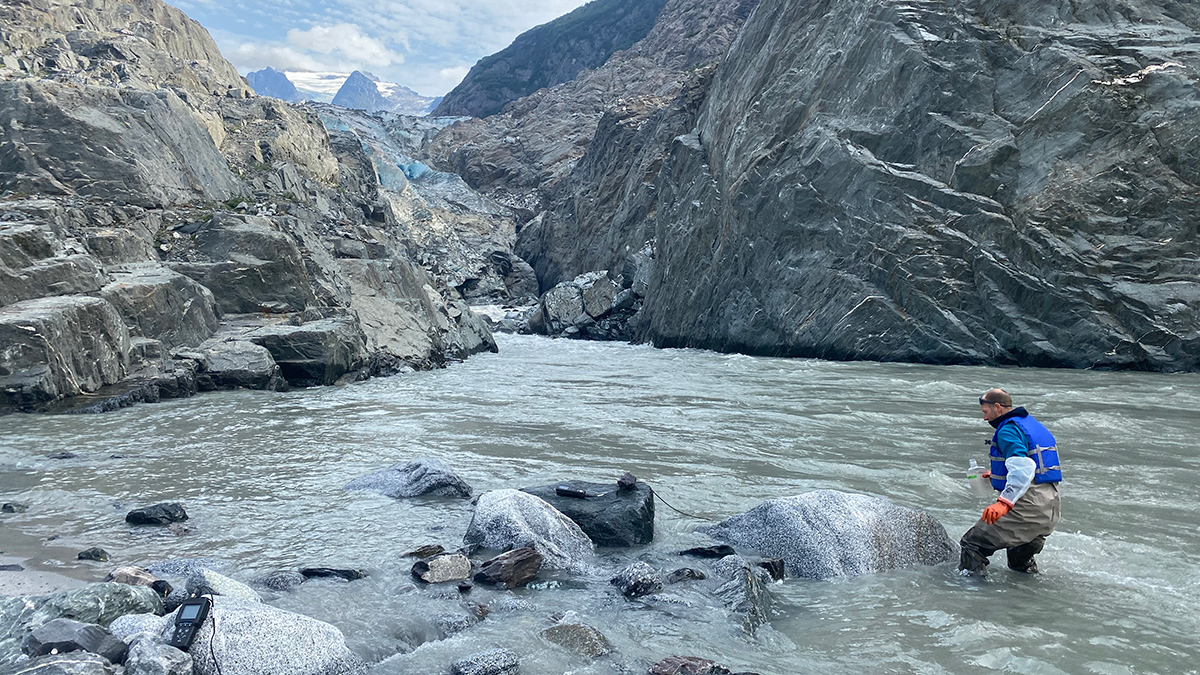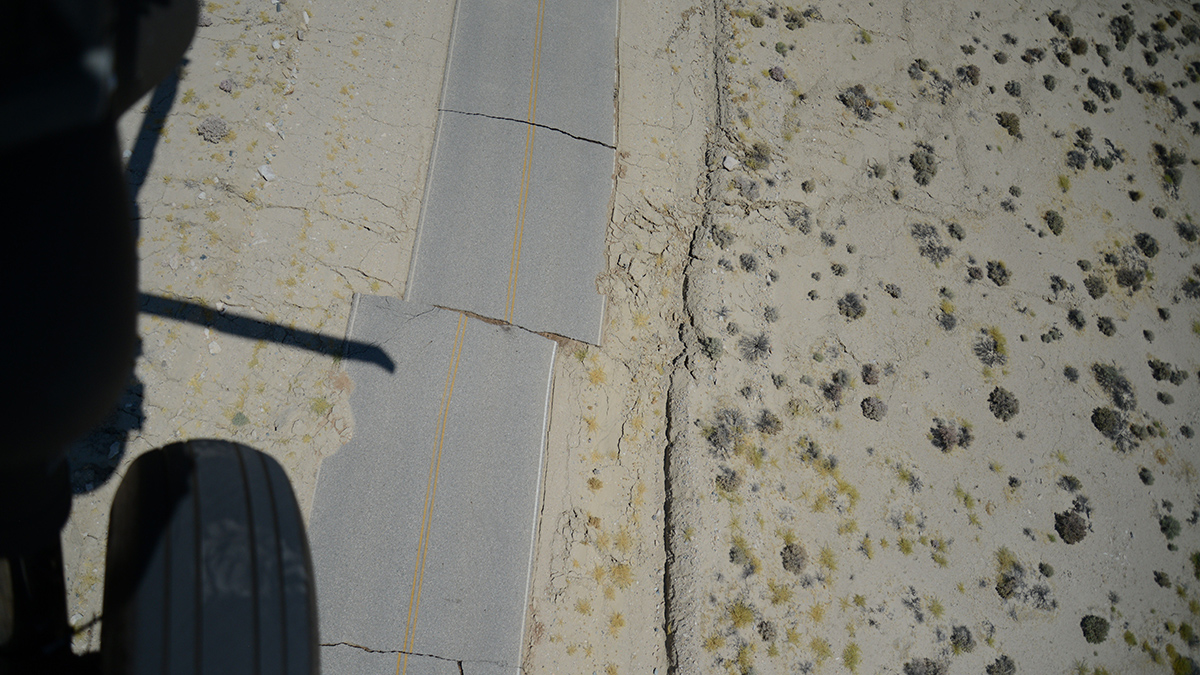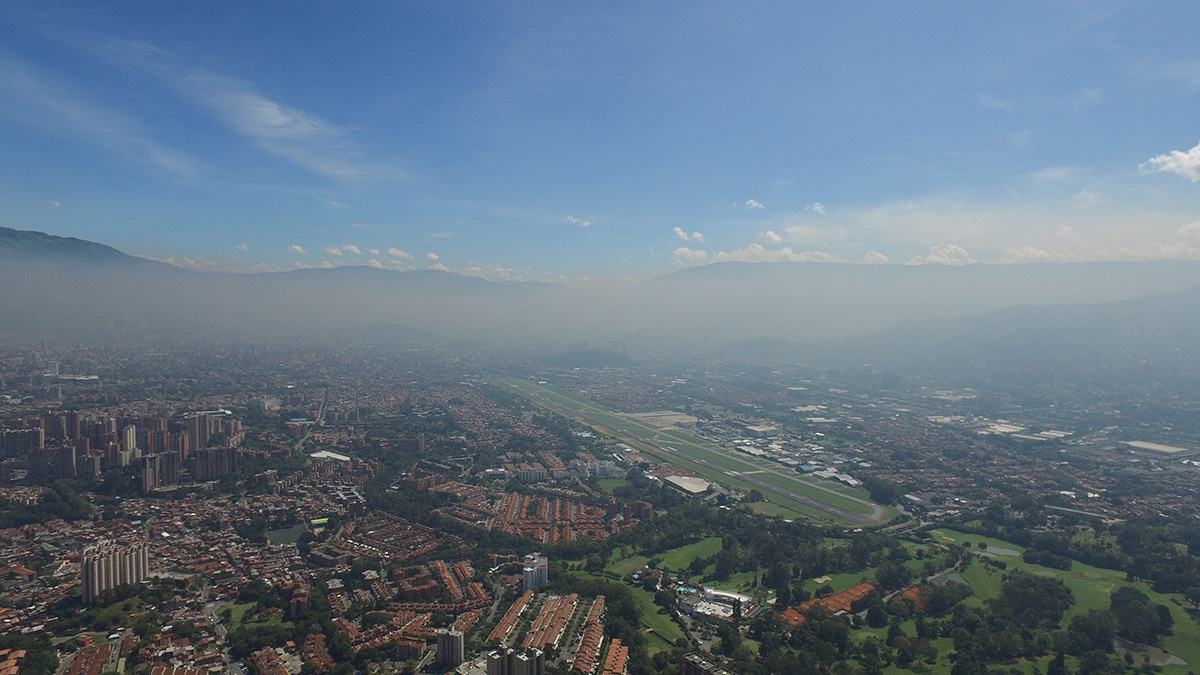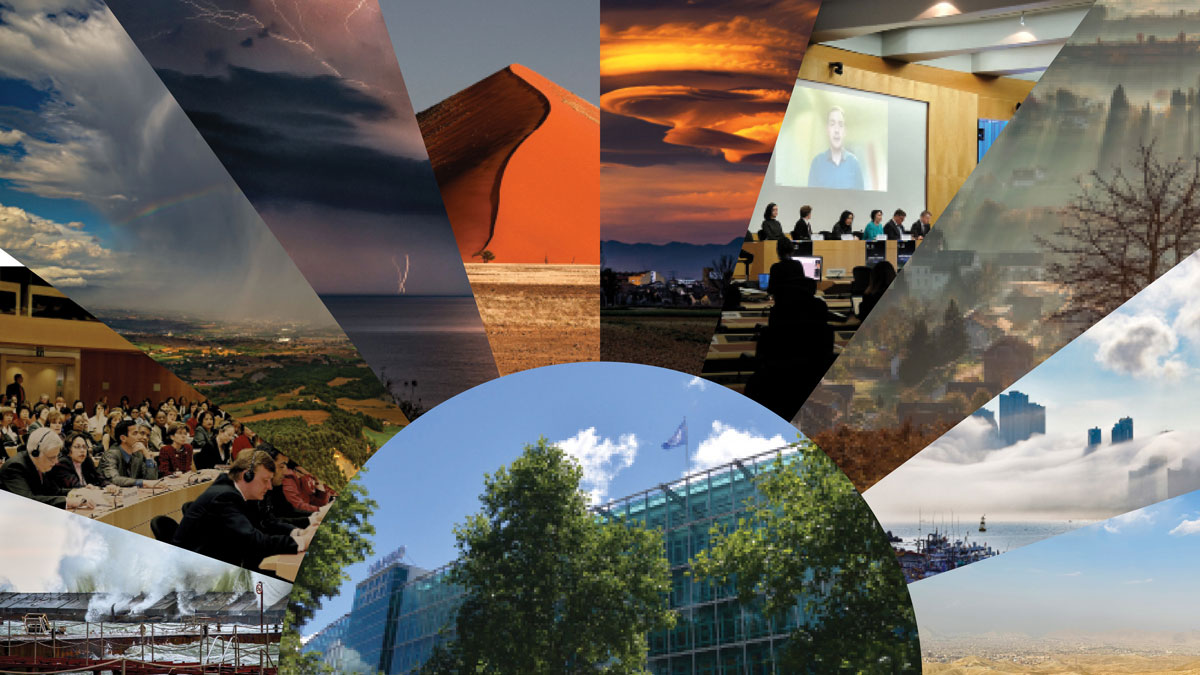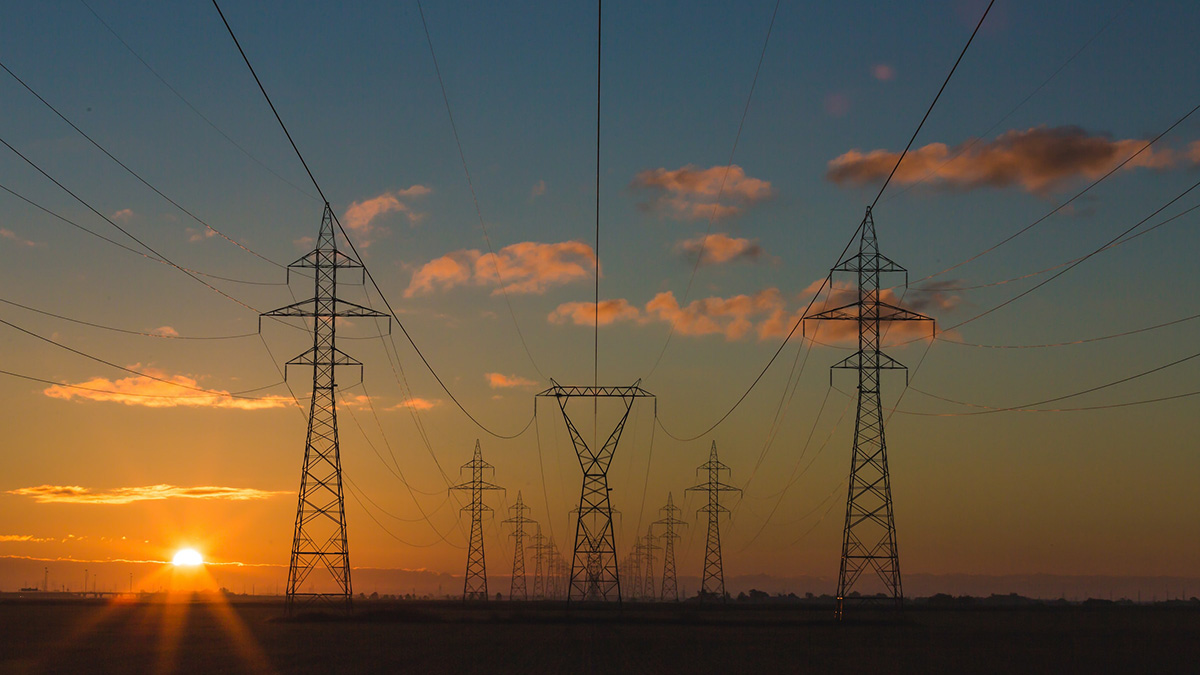A new study catalogs how dissolved inorganic carbon moves through southeast Alaska’s waterways.
forecasting
AI Meets Its Match: The Butterfly Effect
Artificial intelligence algorithms fail to account for a key limitation in weather prediction.
Exploring Just How Extreme Future Storms Could Get
A novel approach to storm simulations could help prepare for increasingly heavy precipitation events.
Global Earthquake Analysis Seeks Elusive Foreshock Signal
Spotting foreshocks for what they are could help seismologists forecast large earthquakes.
La ciudad colombiana que está abriendo el camino para las “Alertas Tempranas para Todos”
Medellín alerta a sus habitantes sobre inundaciones, deslizamientos, incendios, rayos y mala calidad del aire.
WMO Weathered the Cold War, but Can It Survive Capitalism?
After 150 years of international cooperation, meteorology’s “vast machine” is adapting to private weather forecasting.
Colombian City Pioneers Path to “Early Warnings for All”
Medellín alerts citizens to floods, landslides, fires, lightning, and poor air quality.
Summer Heat Waves Could Cause Blackouts Across the Country
Higher than normal temps could strain grids that are not used to unprecedented heat waves.
Forecasting Earthquake-Induced Floods
Surface-rupturing earthquakes can abruptly reroute rivers when fault scarps function like dams. Researchers have now successfully modeled such an event that occurred in New Zealand.
Outlook: Normal Atlantic Hurricane Season Expected
Atmospheric and oceanic features are simultaneously strengthening and suppressing hurricane activity this year.

